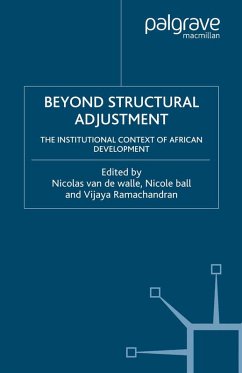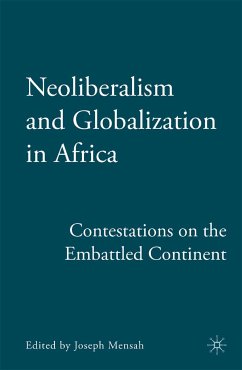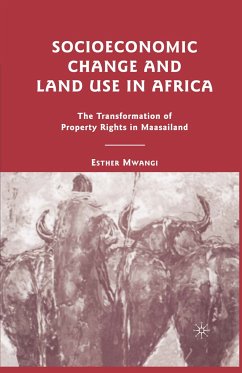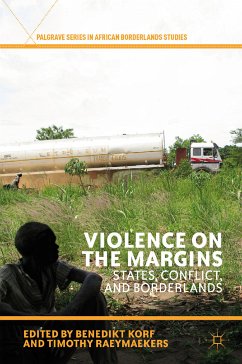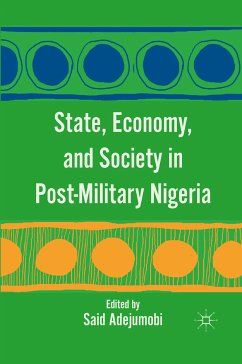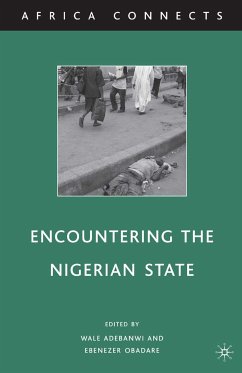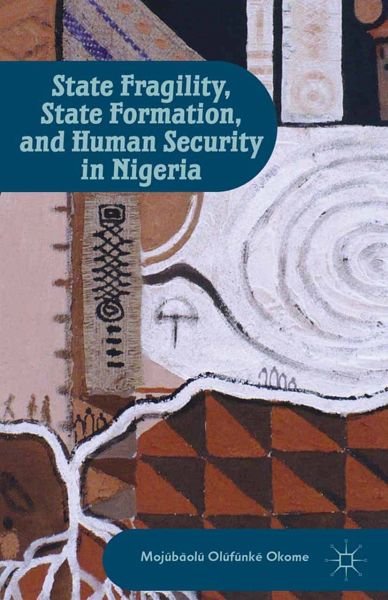
State Fragility, State Formation, and Human Security in Nigeria (eBook, PDF)

PAYBACK Punkte
20 °P sammeln!
Since the 1990s, attempts at democratic transition have generated hopes for 'civil society' as well as ambivalence about the state. The interdisciplinary studies gathered here explore this dynamic through the complex interactions of state fragility, self-help, and self-organization in Nigeria. Nigeria stands as a particularly interesting case, as its multifaceted associational life extends far beyond civil society organizations (CSOs) and non-governmental organizations (NGOs): as this volume reveals, there is a 'third sector' of Nigerian society encompassing everything from community self-help...
Since the 1990s, attempts at democratic transition have generated hopes for 'civil society' as well as ambivalence about the state. The interdisciplinary studies gathered here explore this dynamic through the complex interactions of state fragility, self-help, and self-organization in Nigeria. Nigeria stands as a particularly interesting case, as its multifaceted associational life extends far beyond civil society organizations (CSOs) and non-governmental organizations (NGOs): as this volume reveals, there is a 'third sector' of Nigerian society encompassing everything from community self-help programs to ethno-religious affiliations to militias. Some of these formations have narrow, pragmatic aims, while others have an explicit socio-cultural or political agenda; most can be understood as compensating for the state's failure to deliver services and maintain regulatory frameworks. By examining the emergence of broader forms of civil society, this volume considers their successes while also assessing their costs and contradictions.
Dieser Download kann aus rechtlichen Gründen nur mit Rechnungsadresse in A, B, BG, CY, CZ, D, DK, EW, E, FIN, F, GR, HR, H, IRL, I, LT, L, LR, M, NL, PL, P, R, S, SLO, SK ausgeliefert werden.




